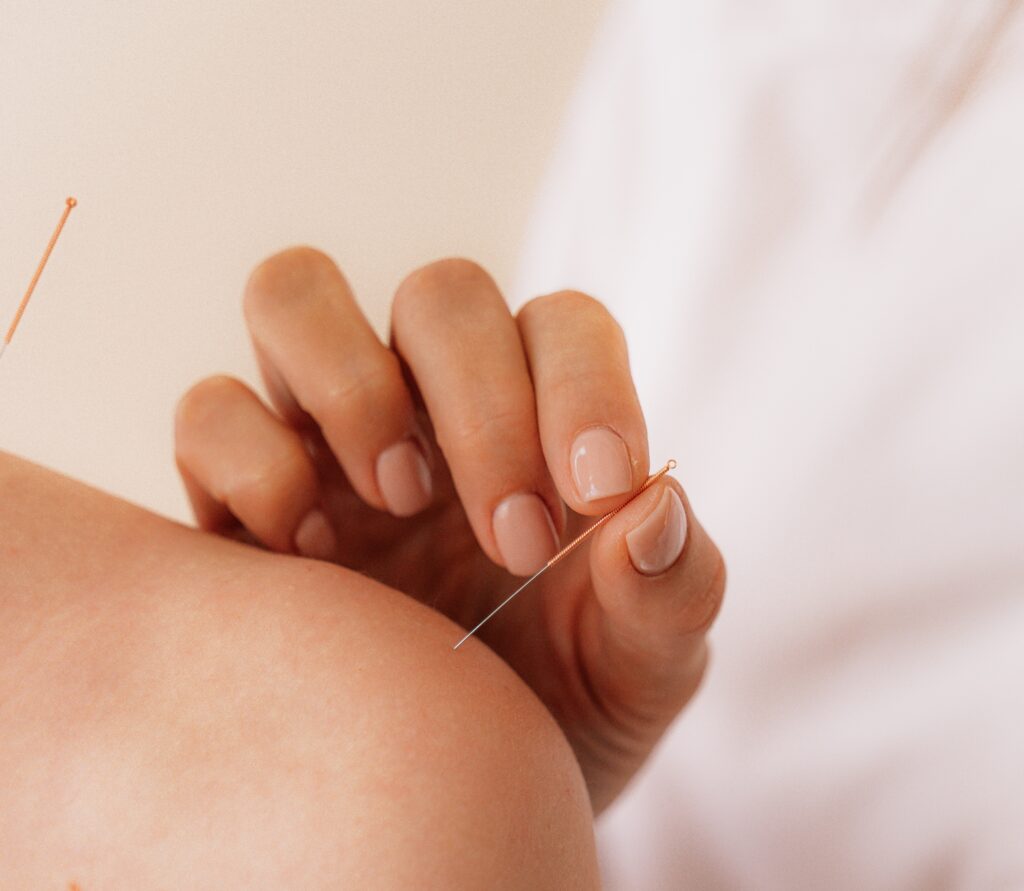The Fertility Conundrum: Does Acupuncture Really Make a Difference?
Trying to conceive can be a rollercoaster of emotions, and when you’re struggling to get pregnant, you might be willing to try just about anything. The question on many minds is: Does acupuncture really make a difference for fertility? In this article, we’ll delve into the world of acupuncture and fertility, exploring the evidence, benefits, and potential drawbacks of this ancient practice. We’ll also discuss alternative approaches to boosting fertility, so you can make an informed decision on the best path for you.

A Prickly Topic: Acupuncture and Fertility
What is Acupuncture?
Acupuncture is an age-old Chinese medicine practice that involves the insertion of thin, sterile needles into specific points on the body, believed to stimulate the flow of “qi” (life energy). Proponents of acupuncture argue that it can help with a variety of health issues, including pain management, stress relief, and, indeed, fertility.
The Science Behind Acupuncture and Fertility
So, does acupuncture really make a difference for fertility? While some studies suggest a potential link, the evidence is still somewhat inconclusive. Here’s what we know:
- Several studies have found that it may improve blood flow to the uterus, which could potentially enhance the chances of implantation.
- Some research suggests that it may help regulate hormones related to fertility, such as follicle-stimulating hormone (FSH) and luteinizing hormone (LH).
- Acupuncture has also been shown to reduce stress, which can be a significant factor in fertility struggles.
However, it’s worth noting that not all studies have found a significant connection between acupuncture and improved fertility outcomes. As with many alternative therapies, more research is needed to fully understand the potential benefits and limitations of acupuncture for fertility.
Weighing the Pros and Cons: Is Acupuncture Right for You?
When considering whether acupuncture could be the key to unlocking your fertility potential, it’s essential to weigh the pros and cons.
Pros
- Acupuncture is generally considered safe and has few side effects when performed by a qualified practitioner.
- Many individuals find it to be a relaxing and stress-reducing experience.
- It may provide benefits beyond fertility, such as improved overall well-being and reduced pain.
Cons
- The evidence supporting acupuncture for fertility is still somewhat limited and inconclusive.
- It can be costly, particularly if multiple sessions are required.
- Some people may find the idea of being pricked with needles off-putting or uncomfortable.
Alternative Paths to Fertility
If you’re still unsure about whether acupuncture is the right choice for you, consider these alternative fertility-boosting options:
- Lifestyle Changes: Healthy habits, such as maintaining a balanced diet, getting regular exercise, and managing stress, can have a significant impact on fertility.
- Fertility Supplements: Supplements, like folic acid and coenzyme Q10, show to support fertility in both men and women.
- Medical Interventions: Consult with a fertility specialist to explore medical interventions, such as fertility medications or assisted reproductive technologies like in vitro fertilization (IVF).
FAQs: Acupuncture and Fertility
Q: How often should I receive acupuncture for fertility?
A: The frequency of acupuncture treatments can vary depending on individual circumstances. Generally, practitioners may recommend weekly sessions for several months or until a successful pregnancy is achieved.
Q: Can acupuncture help with male fertility?
A: Some research suggests that acupuncture may improve sperm quality and quantity, although more studies are needed to confirm these findings. As with female fertility, it may also help reduce stress in men, which can be a contributing factor to fertility issues.
Q: Are there any risks associated with acupuncture for fertility?
A: It is generally considered safe when performed by a qualified practitioner. However, potential risks include infection, bruising, or discomfort at the needle insertion sites. It’s essential to consult with a certified acupuncturist and inform them of any pre-existing medical conditions before beginning treatment.
Q: Can I combine acupuncture with other fertility treatments?
A: Many individuals choose to combine it with other fertility treatments, such as lifestyle changes, supplements, or medical interventions. It’s essential to discuss your plans with both your acupuncturist and fertility specialist to ensure a coordinated and safe approach to boosting fertility.
Conclusion
Does acupuncture really make a difference for fertility? While the evidence is not yet definitive, some studies suggest that acupuncture may provide benefits for individuals struggling with fertility issues. As with any treatment, it’s essential to weigh the pros and cons and consider alternative options before making a decision. Ultimately, the best approach to fertility is a personalized one, tailored to your unique needs and circumstances. By exploring all available options and working with professionals, you can increase your chances of achieving the family of your dreams.
To speak with our fertility specialist from the convenience of your home
While we offer accurate fertility details, remember the unique nature of each person’s journey. This information is general and may not be specific to your circumstances. For personalized advice, always consult a licensed medical professional.
You can support fertility naturally in diverse ways, extending beyond medical interventions. These encompass stress reduction, a wholesome diet, regular exercise, and adequate sleep. Even straightforward changes, like employing mindfulness for stress, or ensuring quality sleep, can improve overall well-being and aid your fertility journey. Professional advice from a fertility specialist is vital due to your unique health profile.